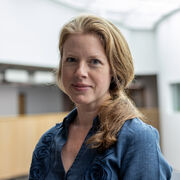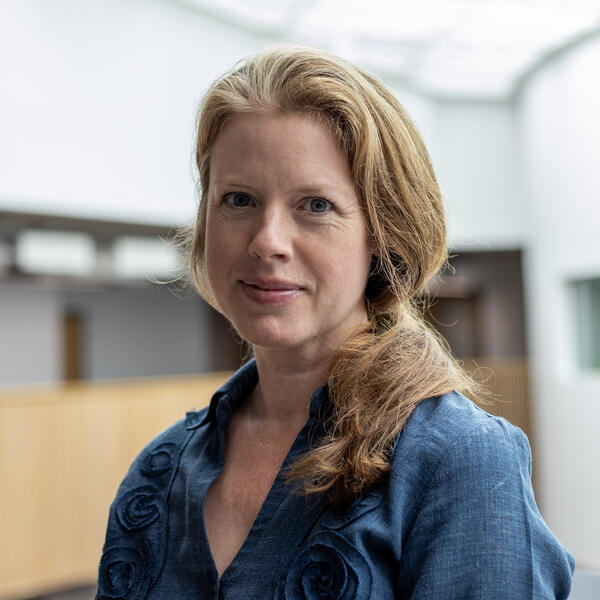Hosted by the University of Sheffield's Institute for Sustainable Food, the event highlighted the potential of community-based innovation, collaboration and communication to generate more sustainable food systems and resilient communities, increasingly needed with the deepening impact of the climate crisis, particularly within Zimbabwe.
The discussions explored the critical relationships between food, community building and community voice, which the Make It Grow project serves to amplify through its capacity-building workshops.
Make it Grow, a Knowledge Exchange project led by Dr Pamela Richardson, is supporting community-based, sustainable food initiatives in Zimbabwe to build capacity and create video proposals.
The project collaborates with NGOs and CBOs in Zimbabwe to equip individuals and communities with the skills needed to create participatory video proposals and address sustainable food issues, using smartphone technologies.
As a result of Covid-19, researchers adapted interactive workshops in project planning and video-making to provide online learning circles using Zoom and Whatsapp.
Working with the Gateway Zimbabwe project partners for at least 36 hours over three months, the project resulted in the creation of a multitude of video proposals for projects concerning sustainable food and community.
The public event highlighted how the project had been impacted by the pandemic, and how NGOs and others are navigating these issues to find new, innovative ways to support communities and sustainable food systems.
Significant Zimbabwean community voices such as Michar Mushiko from TrustAfrica, Maaianne Knuth from Kufunda, and Mvuselelo Huni from ORAP took part in the event, collectively representing the Gateway Zimbabwe project.
Mvuselelo Huni, CEO of ORAP said: "It's been a real honour to be a part of the Gateway Zimbabwe programme and to see all the amazing innovations that have come through in order to create a voice for the communities that we are serving.
"What made us very excited about working together as ORAP and Make It Grow was that it was an opportunity for communities to tell their stories and have them taken further with a useful purpose.
"It allowed people in an alternative way to create their own proposals with their own voices and not just following a template which is written down, which is often inaccessible to some of the more marginalised communities in Zimbabwe.”
Discussing the importance of sustainable food to local communities, Director of Kufunda Village, Maaianne Knuth said: "Sustainable food is increasingly being used to restore cultural and traditional Zimbabwean roots.
"For example, we have begun to discourage the use of artificial fertilisers and pesticides and are instead working to nourish and replenish the soil and in doing so, we are also nourishing and replenishing ourselves. Good food comes out of caring for the earth and plants."
Dr Pamela Richardson, who is also a member of the Institute for Sustainable Food, said: “One of the most rewarding aspects of the online workshop series has been the slow cultivation of collective visions for the future, coming from different communities.
“Once each group’s ideas crystallised, they were then able to express these ideas, in their own voice, and through co-creating a video proposal, communicate them to a wide audience. Their videos all propose interesting food projects that bring together social justice, skills development, environmental care and nutritional security for their respective communities.”
As well as participating in this event, Make it Grow is currently participating in the Economic and Social Research Council’s (ESRC) Festival of Social Science, in an effort to share the community video proposals and the methodological innovations of Make it Grow with a wider public audience.



